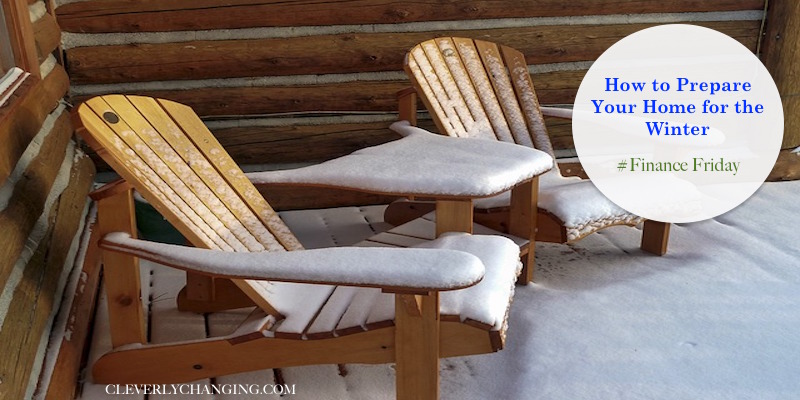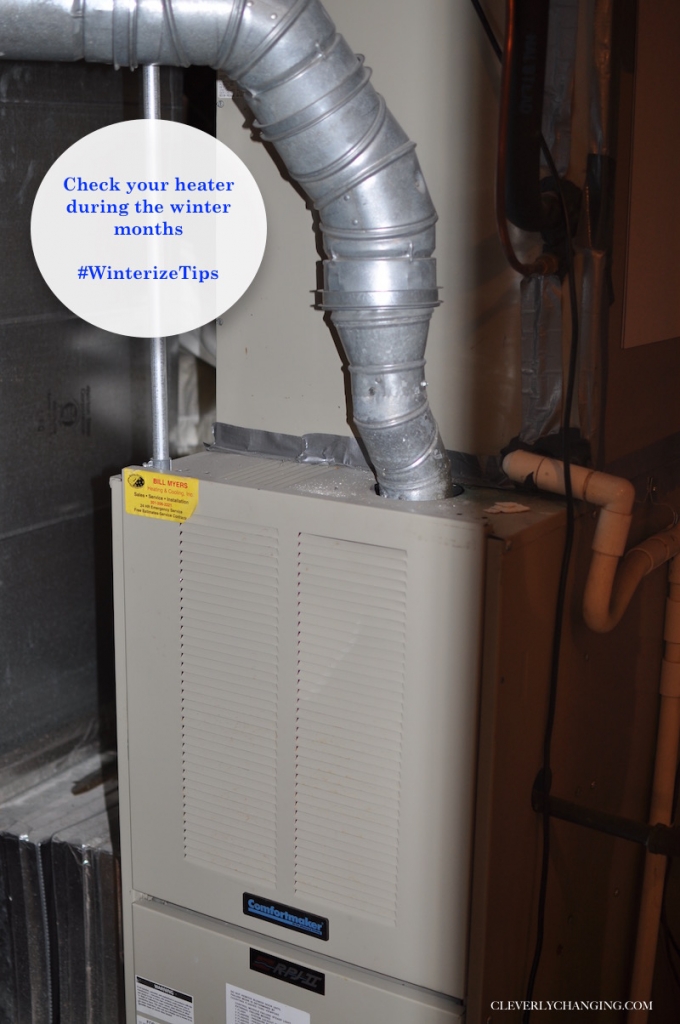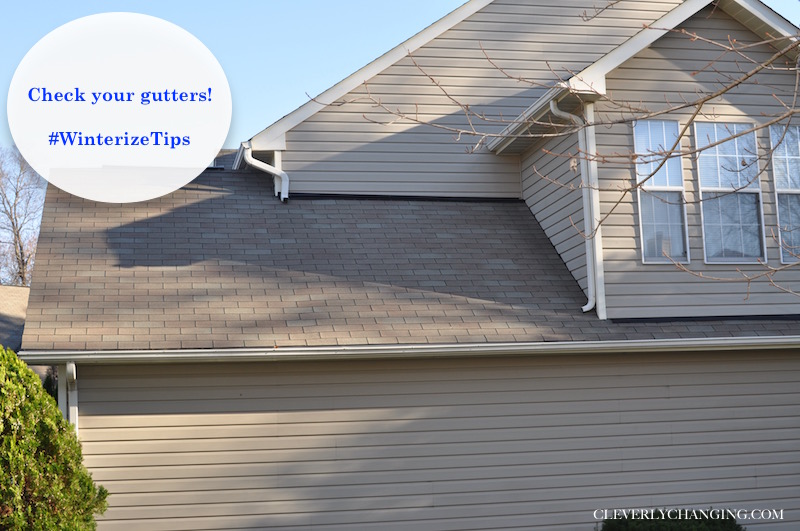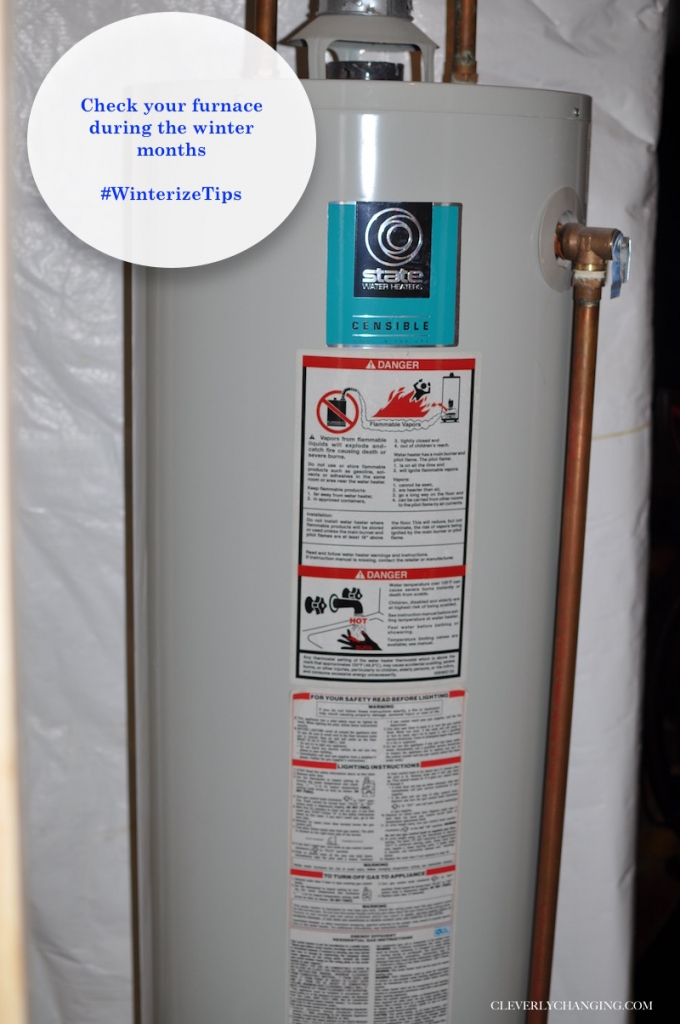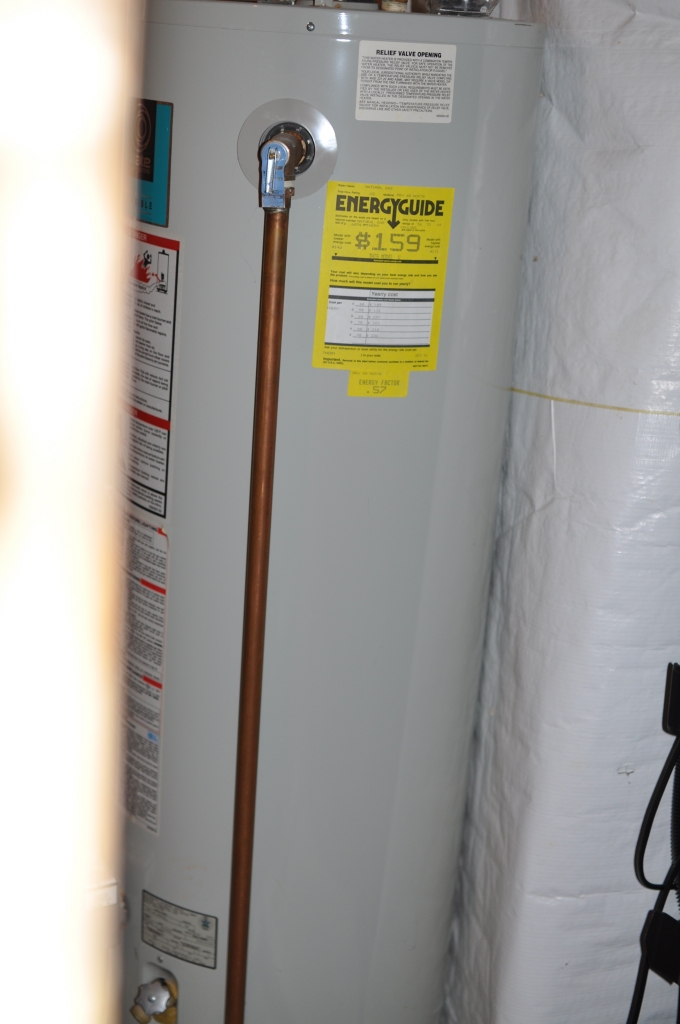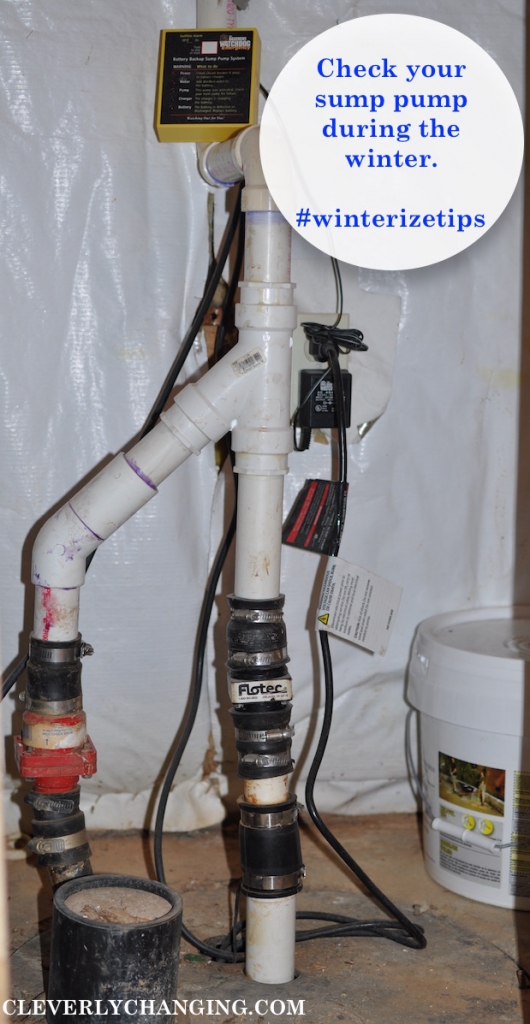Winter is certainly in full swing, and that means that we can all look forward to shorter days, longer nights, and plunging temperatures that send you scurrying home to curl up in front of the fire or just inside your home to be out of the elements whenever possible.
As the colder weather looms and you prepare to rely more heavily on your heating system, it’s important to make sure you’ve taken all the necessary steps to protect your home from potential damage, and address any issues that you might have. The following tips will help you and your family to stay safe, warm, and secure this winter season.
- Make Sure You have the Right Heating Installed
One thing that is impossible to ignore during the winter months, is that you’re going to need your heating system to work to full capacity when the weather gets really bad. That means making sure that you have all the correct heating installation completely done before the worst days of winter arrive.
If you already have heating services installed throughout your property, you might start by scheduling a professional to come out and check your system to ensure everything is in outstanding working order before you need to turn it on. Schedule plenty of checks for your venting system, furnace, and chimney, and don’t forget to replace the batteries on carbon monoxide detectors and smoke detectors.
- Seal the Windows Where Needed
Check your rooms for drafts by holding your hand up in front of the areas around windows and checking for any gaps between the window and the wall itself. If you find drafts, grab some caulk and seal them in to keep your energy bills low, and your heat high. The great thing about caulk is that it is generally easy to buy, inexpensive, and incredibly easy to use.
- Take Time to Clear Out Blocked Gutters
Although you may not enjoy the idea of climbing up to the roof of your houses to check for maintenance that needs to be done, the truth is that clearing out clogged gutters is an important part of getting your home ready for winter. Blocked gutters stop melting snow and rain from draining, increasing your chances of suffering from damage to the foundation and landscape.
After the leaves have fallen, grab a garbage bag and a ladder and make sure that your gutters are completely clear to make way for any bad weather ahead. Make sure you remove everything from leaves and twigs, to dirt.
- Pad or Insulate Your Pipes
Even the tiniest frozen pipe in your home can be enough to cause a huge amount of damage throughout your property if it bursts. The best way to prevent floods during the winter season is to pad your pipes with tubular insulation. Cover any exposed pipes in unheated areas such as the crawlspace, attic, or basement, and make sure that every exposed part is covered. Seal up the seams between padding with duct tape, and you’ll conserve energy while preventing water damage.
- Check Your Sump Pump
A lot of people forget about the importance of their sump pump when it comes to winter, but remember that it plays a crucial part in protecting your home against floods. Test it out before the weather gets too cold by slowly and carefully pouring a few gallons of water into the sump pit to ensure that the pump will turn on as it is supposed to.
Remember, it’s typically advised that you do this every couple of months to ensure that everything remains in working order, but it’s particularly important to pay close attention after a long dry season, or just before a rainy one. If you need extra help, don’t be afraid to call an expert to come out and take a look at your system.
- Make Sure You’re Prepared for Emergencies
It’s not exactly fun to prep for a worst case scenario, but it is better to be safe than sorry. Don’t allow a blizzard to take you by surprise and make sure that you always have a highly-stocked emergency first-aid and survival kit at hand. Your kit should include everything from flashlights and candles, to matches, batteries, blankets, warm clothes, non-perishable foods, and water. Ensure that you’re stocked up on specialty products like medicine, baby formula, and pet food too.

